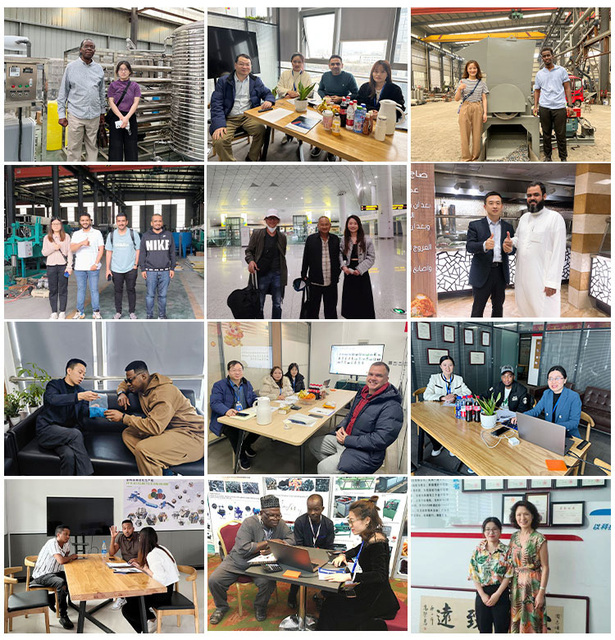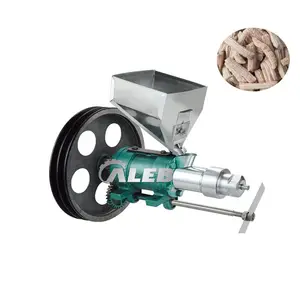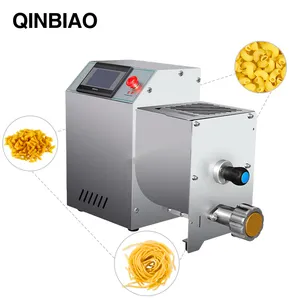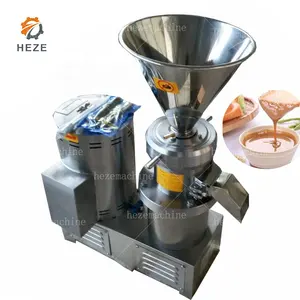Types Of Factory Machines























































About types of factory machines
Where to Find Suppliers for Types of Factory Machines?
China remains a central hub for the manufacturing and export of diverse factory machinery, with key production clusters in Hebei, Shandong, and Henan provinces. These regions host vertically integrated industrial ecosystems that support rapid prototyping, mass production, and customization across food processing, textile, packaging, and material handling equipment. Hebei and Shandong specialize in electromechanical automation systems, leveraging proximity to steel and component suppliers to reduce input costs by 15–25%. Henan, particularly Zhengzhou, has emerged as a center for food and beverage machinery due to its agro-processing infrastructure and logistics connectivity.
The concentration of specialized suppliers enables efficient supply chain coordination, with many manufacturers operating end-to-end facilities encompassing R&D, CNC machining, assembly, and testing. Buyers benefit from scalable production capacities, with standard lead times averaging 30–45 days for non-custom units. Regional advantages include access to skilled technical labor, localized sourcing of motors, control panels, and stainless steel components, and established export channels to Southeast Asia, Europe, and North America.
How to Choose Suppliers for Types of Factory Machines?
Selecting reliable suppliers requires systematic evaluation based on technical capability, quality assurance, and transactional reliability:
Quality Management Systems
Verify adherence to international standards such as ISO 9001 for quality control processes. For machinery destined for regulated industries (e.g., food or pharmaceuticals), confirm compliance with hygiene design principles, including tri-clamp fittings, washdown-ready enclosures, and RoHS/CE certifications where applicable. Request documentation on motor efficiency ratings, control system specifications (PLC brands, HMI interfaces), and material traceability for critical components.
Production Capacity Assessment
Evaluate supplier infrastructure through verifiable metrics:
- Facility size supporting dedicated production lines for automated, semi-automatic, or manual configurations
- In-house engineering teams capable of customizing machine dimensions, feed mechanisms, power sources, and integration with existing production lines
- Monthly output capacity aligned with order volume requirements
Cross-reference delivery performance data—target on-time delivery rates exceeding 97%—with response times (ideally ≤2 hours) to assess operational responsiveness.
Customization and Transaction Security
Confirm availability of OEM/ODM services, including logo imprinting, voltage adaptation (110V/220V/380V), material grade selection (e.g., SUS304 vs. SUS316 stainless steel), and packaging modifications. Prioritize suppliers offering third-party inspection options prior to shipment and transparent dispute resolution protocols. Pre-shipment testing, including functional trials and load tests, should be standard practice for high-value equipment.
What Are the Leading Suppliers for Types of Factory Machines?
| Company Name | Main Products | On-Time Delivery | Avg. Response | Reorder Rate | Online Revenue | Customization Options | Min. Order Value |
|---|---|---|---|---|---|---|---|
| Hebei Strongsen Technology Co., Ltd. | Food Processing Machines (Momo, Noodle, Almond Drum) | 94% | ≤2h | 25% | US $60,000+ | Color, diameter, material, size, logo, mold, packaging, plug, label, graphic | $300/set |
| Changzhou Kataria Trade Co., Ltd. | Textile Machinery (Knitting, Weaving, Used Equipment) | 100% | ≤3h | - | - | Machine type, configuration, spare parts compatibility | $0.03/piece (bulk parts) |
| Fuda Technology (Shandong) Co., Ltd. | Weighing & Filling Machines (Multi-head, Box-type) | 100% | ≤2h | - | - | Type, head count, automation level, control interface | $5,000/piece |
| Zhengzhou Hento Machinery Co., Ltd. | Food Processing (Thermoforming, Donut, Cheese, Chocolate) | 100% | ≤1h | 17% | US $440,000+ | Automation, clamp type, material, bottle format, sterilization, capacity | $1,209/set |
| Zhengzhou Caleb Machinery Co., Ltd. | Processing Equipment (Puffing, Egg Grading, Buttering, Rice Milling) | 100% | ≤2h | 20% | US $560,000+ | Color, size, engine type, mold, double heads, capacity | $90/set |
Performance Analysis
Suppliers like Zhengzhou Hento and Zhengzhou Caleb demonstrate strong market presence with high online transaction volumes and robust customization capabilities, particularly in food-grade machinery. Hebei Strongsen offers competitive entry-level pricing ($300–$1,450/set) ideal for small-scale processors seeking dumpling or nut roasting equipment. Fuda Technology specializes in precision weighing systems with multi-head configurations suitable for snack, dairy, and frozen food packaging lines. Changzhou Kataria stands out in the textile sector, providing both new and refurbished knitting and weaving machines, though limited reorder data suggests lower customer retention visibility.
Notably, all top-tier suppliers achieve 100% on-time delivery except Hebei Strongsen (94%), indicating mature logistics execution. Response times are consistently fast, with three suppliers replying within two hours—critical for resolving technical queries during procurement cycles. For buyers requiring regulatory compliance or integration support, prioritizing suppliers with documented customization workflows and verified revenue streams enhances sourcing confidence.
FAQs
How to verify factory machine supplier credibility?
Validate certifications through official registries and request audit reports covering production controls, material sourcing, and electrical safety testing. Analyze transaction history, focusing on consistent delivery performance, verified buyer reviews, and post-sale service responsiveness.
What is the typical minimum order quantity (MOQ)?
MOQs vary by machine type: most complete units require 1 set, while component suppliers may set MOQs at 10,000 pieces (e.g., textile spares). Low-cost machines often have no volume restrictions, enabling pilot procurement for process validation.
Are customization services widely available?
Yes, nearly all listed suppliers offer extensive customization, including dimensional adjustments, power adaptations, automation upgrades, and branding. Lead time extension of 7–15 days is typical for modified designs.
Do suppliers provide samples or prototypes?
Sample policies depend on machine complexity. Small-unit suppliers may offer demonstration units upon cost recovery. For large-scale or engineered systems, 3D models and control simulations are commonly provided before prototype development.
What are standard payment and shipping terms?
Common payment methods include T/T and L/C, with escrow protection recommended for first-time transactions. Shipping is typically FOB, though CIF can be arranged. Sea freight is optimal for full-container loads; air freight suits urgent sample deliveries (7–10 days globally).





































































































































